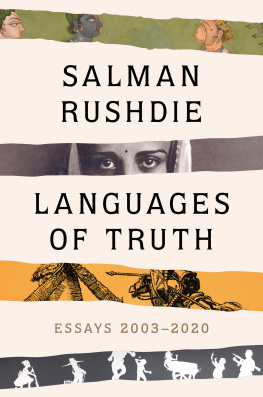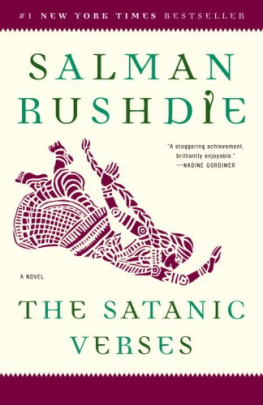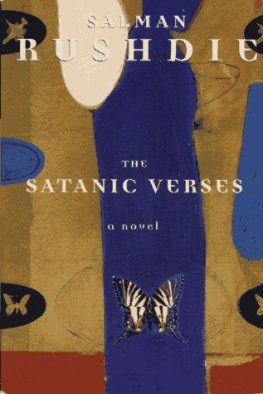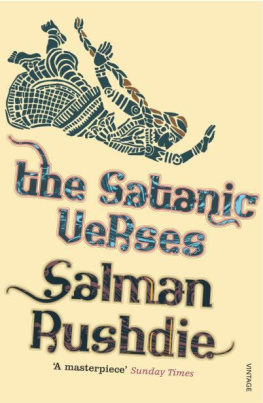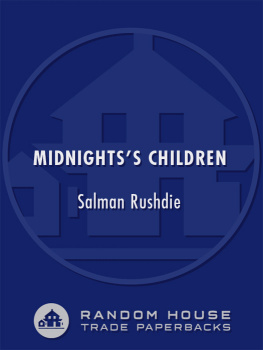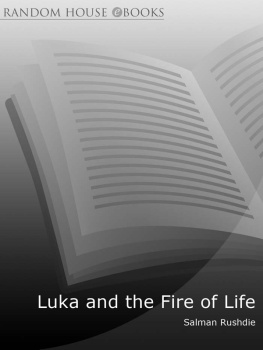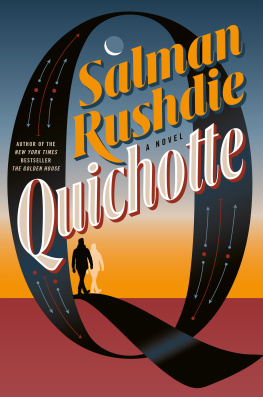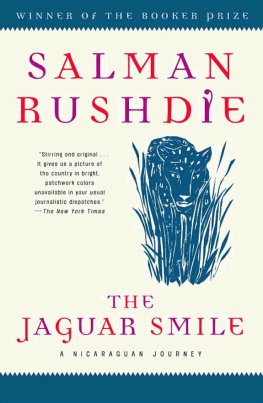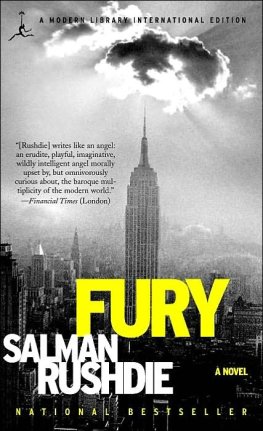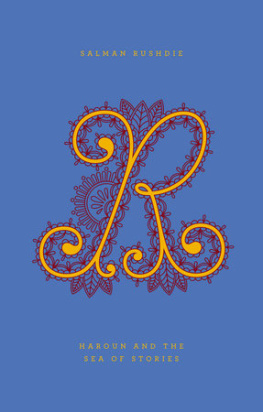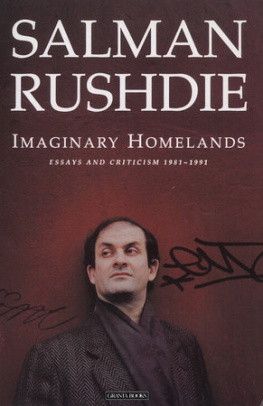Salman Rushdie - Languages of Truth: Essays 2003-2020
Here you can read online Salman Rushdie - Languages of Truth: Essays 2003-2020 full text of the book (entire story) in english for free. Download pdf and epub, get meaning, cover and reviews about this ebook. year: 2021, publisher: Random House Publishing Group, genre: Art. Description of the work, (preface) as well as reviews are available. Best literature library LitArk.com created for fans of good reading and offers a wide selection of genres:
Romance novel
Science fiction
Adventure
Detective
Science
History
Home and family
Prose
Art
Politics
Computer
Non-fiction
Religion
Business
Children
Humor
Choose a favorite category and find really read worthwhile books. Enjoy immersion in the world of imagination, feel the emotions of the characters or learn something new for yourself, make an fascinating discovery.
- Book:Languages of Truth: Essays 2003-2020
- Author:
- Publisher:Random House Publishing Group
- Genre:
- Year:2021
- Rating:4 / 5
- Favourites:Add to favourites
- Your mark:
- 80
- 1
- 2
- 3
- 4
- 5
Languages of Truth: Essays 2003-2020: summary, description and annotation
We offer to read an annotation, description, summary or preface (depends on what the author of the book "Languages of Truth: Essays 2003-2020" wrote himself). If you haven't found the necessary information about the book — write in the comments, we will try to find it.
Languages of Truth: Essays 2003-2020 — read online for free the complete book (whole text) full work
Below is the text of the book, divided by pages. System saving the place of the last page read, allows you to conveniently read the book "Languages of Truth: Essays 2003-2020" online for free, without having to search again every time where you left off. Put a bookmark, and you can go to the page where you finished reading at any time.
Font size:
Interval:
Bookmark:
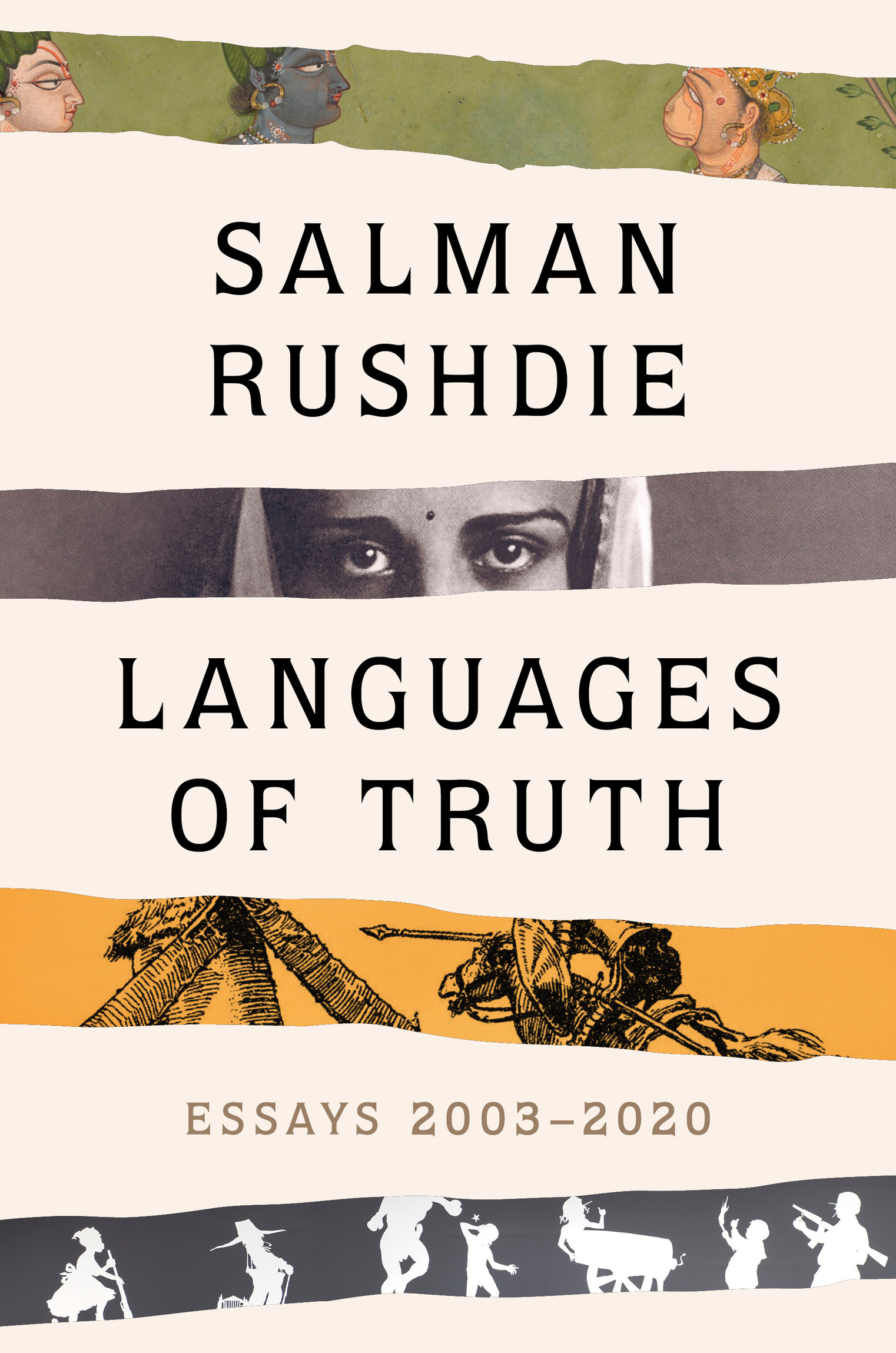
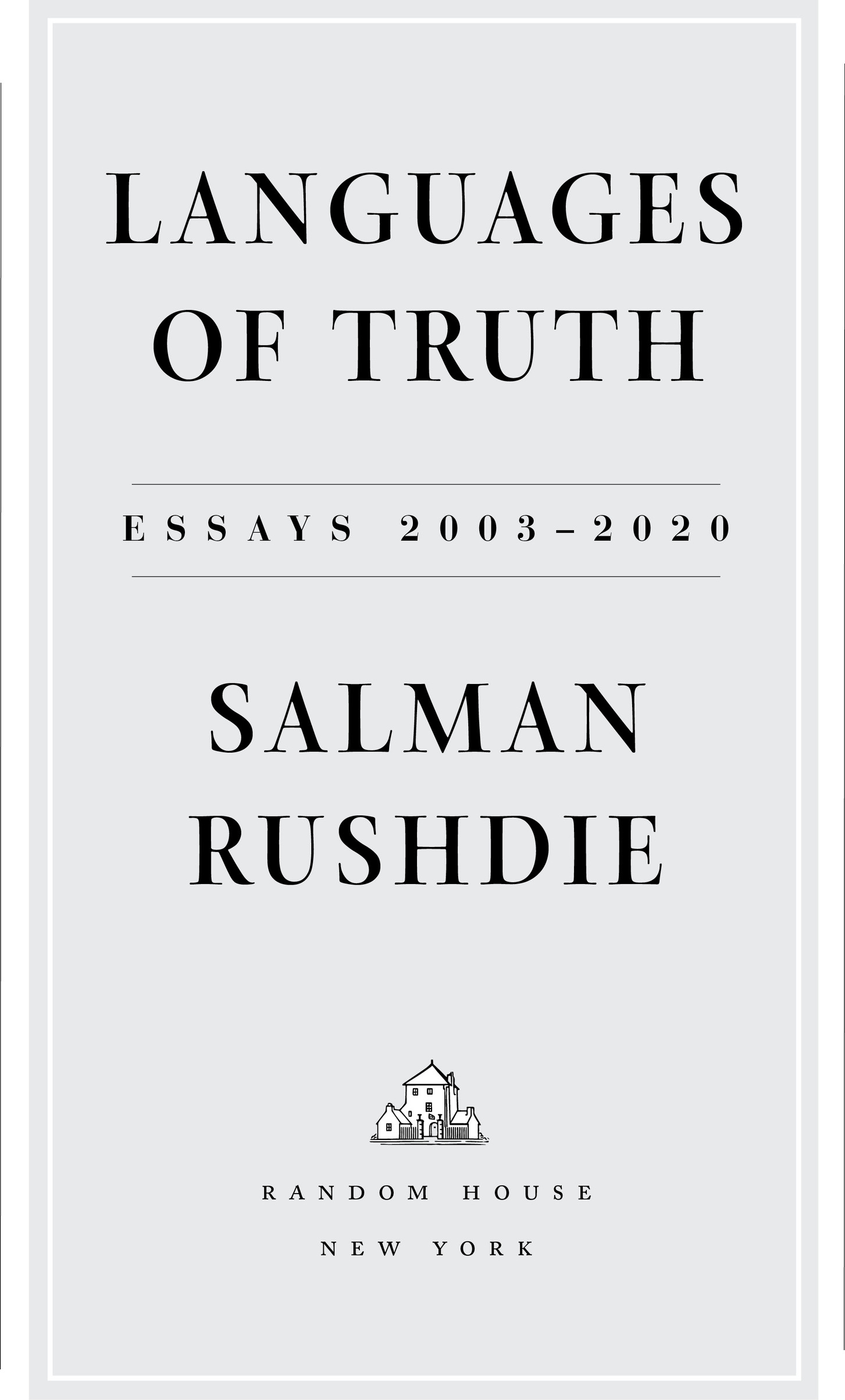
Languages of Truth is a work of nonfiction. Some names and identifying details have been changed.
Copyright 2021 by Salman Rushdie
All rights reserved.
Published in the United States by Random House, an imprint and division of Penguin Random House LLC, New York.
Random House and the House colophon are registered trademarks of Penguin Random House LLC.
Published simultaneously in the United Kingdom by Jonathan Cape, a division of Penguin Random House UK, London, and in Canada by Knopf Canada, an imprint of Penguin Random House Canada, Toronto.
The essays and speeches in this work originally appeared in different form and most pieces have been previously published. A source list can be found on page 353.
I Am Not Yet Dead from the musical Monty Pythons Spamalot, written by Eric Idle, music by John Du Prez. Copyright 2004. Used with permission.
Library of Congress Cataloging-in-Publication Data
Names: Rushdie, Salman, author. Title: Languages of truth: essays 2003-2020 / Salman Rushdie. Description: First edition. | New York: Random House, [2021] Identifiers: LCCN 2020028493 (print) | LCCN 2020028494 (ebook) | ISBN 9780593133170 (hardback; acid-free paper) | ISBN 9780593133187 (ebook) Subjects: LCGFT: Essays. Classification: LCC PR6068.U757 L36 2021 (print) | LCC PR6068.U757 (ebook) | DDC 824/.914dc23 LC record available at lccn.loc.gov/2020028493 LC ebook record available at lccn.loc.gov/2020028494
International edition ISBN9780593243220
Ebook ISBN9780593133187
randomhousebooks.com
Book design by Barbara M. Bachman, adapted for ebook
Cover design: Lucas Heinrich
Cover illustrations (top to bottom): Hanuman before Rama and Lakshmana, c. 171025 (Metropolitan Museum, N.Y.); photograph of Amrita Sher-Gil, 1936; G. A. Harker, Don Quixote fighting windmills, from Don Quixote: Written Anew for Young People, 1910; Kara Walker, The Sovereign Citizens Sesquicentennial Civil War Celebration, 2013 ( Kara Walker, courtesy of Sikkema Jenkins & Co. and Sprth Magers)
ep_prh_5.7.0_c0_r0

Before there were books, there were stories. At first the stories werent written down. Sometimes they were even sung. Children were born, and before they could speak, their parents sang them songs, a song about an egg that fell off a wall, perhaps, or about a boy and a girl who went up a hill and fell down it. As the children grew older, they asked for stories almost as often as they asked for food. Now there was a goose that laid golden eggs, or a boy who sold the family cow for a handful of magic beans, or a naughty rabbit trespassing on a dangerous farmers land. The children fell in love with these stories and wanted to hear them over and over again. Then they grew older and found those stories in books. And other stories that they had never heard before, about a girl who fell down a rabbit hole, or a silly old bear and an easily scared piglet and a gloomy donkey, or a phantom tollbooth, or a place where wild things were. They heard and read stories and they fell in love with them, Mickey in the night kitchen with magic bakers who all looked like Oliver Hardy, and Peter Pan, who thought death would be an awfully big adventure, and Bilbo Baggins under a mountain winning a riddle contest against a strange creature who had lost his precious, and the act of falling in love with stories awakened something in the children that would nourish them all their lives: their imagination.
The children fell in love with stories easily and lived in stories too; they made up play stories every day, they stormed castles and conquered nations and sailed the ocean blue, and at night their dreams were full of dragons. They were all storytellers now, makers of stories as well as receivers of stories. But they went on growing up and slowly the stories fell away from them, the stories were packed away in boxes in the attic, and it became harder for the former children to tell and receive stories, harder for them, sadly, to fall in love. For some of them, stories began to seem irrelevant, unnecessary: kids stuff. These were sad people, and we must pity them and try not to think of them as stupid boring philistine losers.
I believe that the books and stories we fall in love with make us who we are, or, not to claim too much, that the act of falling in love with a book or story changes us in some way, and the beloved tale becomes a part of our picture of the world, a part of the way in which we understand things and make judgments and choices in our daily lives. As adults, falling in love less easily, we may end up with only a handful of books that we can truly say we love. Maybe this is why we make so many bad judgments.
Nor is this love unconditional or eternal. A book may cease to speak to us as we grow older, and our feeling for it will fade. Or we may suddenly, as our lives shape and hopefully increase our understanding, be able to appreciate a book we dismissed earlier; we may suddenly be able to hear its music, to be enraptured by its song. When, as a college student, I first read Gnter Grasss great novel The Tin Drum, I was unable to finish it. It languished on a shelf for fully ten years before I gave it a second chance, whereupon it became one of my favorite novels of all time: one of the books I would say that I love. It is an interesting question to ask oneself: Which are the books that you truly love? Try it. The answer will tell you a lot about who you presently are.
I grew up in Bombay, India, a city that is no longer, today, at all like the city it once was and has even changed its name to the much less euphonious Mumbai, in a time so unlike the present that it feels impossibly remote, even fantastic: a real-life version of the mythic golden age. Childhood, as A. E. Housman reminds us in The Land of Lost Content, often also called Blue Remembered Hills, is the country to which we all once belonged and will all eventually lose:
Into my heart an air that kills
From yon far country blows:
What are those blue remembered hills,
What spires, what farms are those?
That is the land of lost content,
I see it shining plain,
The happy highways where I went
And cannot come again.
In that far-off Bombay, the stories and books that reached me from the West seemed like true tales of wonder. Hans Christian Andersens The Snow Queen, with its splinters of magic mirror that entered peoples bloodstreams and turned their hearts to ice, was even more terrifying to a boy from the tropics, where the only ice was in the refrigerator. The Emperors New Clothes felt especially enjoyable to a boy growing up in the immediate aftermath of the British Empire. And there was Huckleberry Finn, irresistible to a Bombay boy because of its heros extraordinary freedom of action, though I was puzzled about why, if the runaway slave Jim was trying to escape the world of slavery and get to the non-slave-owning North, did he get onto a raft on the Mississippi, which flows south?
Perhaps tales of elsewhere always feel like fairy tales, and certainly it is one of the great wonders of literature that it opens up many elsewheres to us, from the Little Mermaids underwater world to Dorothys Oz, and makes them ours. But for me, the real wonder tales were closer to home, and I have always thought it my great good fortune as a writer to have grown up steeped in them.
Font size:
Interval:
Bookmark:
Similar books «Languages of Truth: Essays 2003-2020»
Look at similar books to Languages of Truth: Essays 2003-2020. We have selected literature similar in name and meaning in the hope of providing readers with more options to find new, interesting, not yet read works.
Discussion, reviews of the book Languages of Truth: Essays 2003-2020 and just readers' own opinions. Leave your comments, write what you think about the work, its meaning or the main characters. Specify what exactly you liked and what you didn't like, and why you think so.

